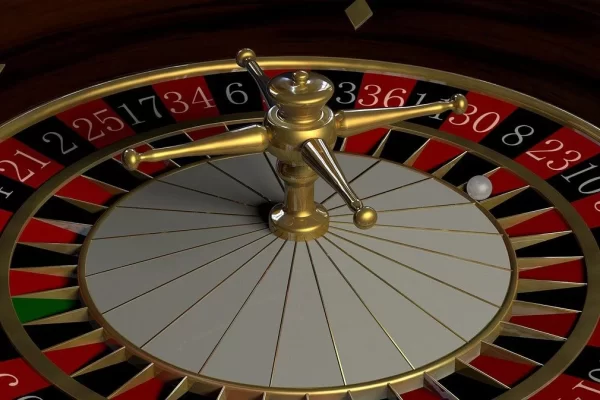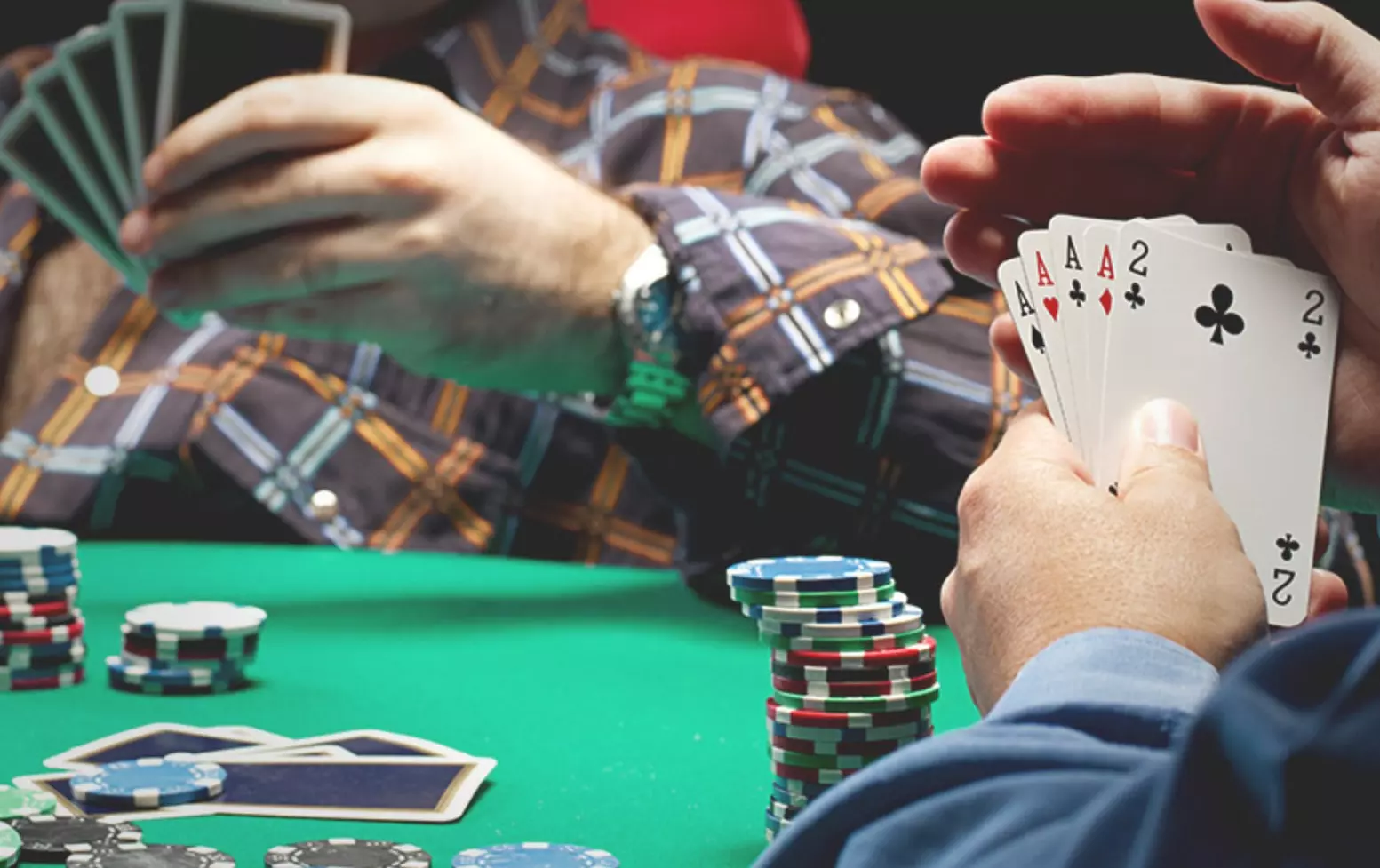Reading poker faces is an indispensable skill that gives players a psychological edge over their opponents. This involves studying nonverbal cues and betting patterns in order to detect bluffing attempts and identify strong hands.
Emotions such as anger, excitement, and anxiety can surface on a player’s face and reveal essential information to watchful opponents; this could result in costly losses for you.
Self-awareness
Reading poker faces requires being aware of nonverbal cues that reveal emotions in players, such as frequent blinking or sudden stillness which could indicate nerves or strength of hands respectively. Furthermore, taking note of actions taken by each player could reveal whether they’re bluffing. For example touching their face or neck may appear natural but could reveal whether they’re trying to conceal something they may be hiding behind it all along!
Acquiring the skills to read poker faces requires patience, keen observational abilities and some intuitive sense. By employing these techniques in your poker games, you can turn them into fascinating explorations of human behavior that can have wide applications beyond poker rooms and social interactions. From becoming a successful poker player yourself or simply understanding motivations in others better – this book can help you master poker psychology! It identifies four personality types that influence a player’s verbal interaction and body language as well as telling physical tells that can spot fraudsters
Breathing control
Breathing can often reveal significant information about our emotions and the strength of our hand, so practicing breathing control is paramount for keeping a calm, focused state even under stressful or tense situations. Breath control also serves to establish an “observation baseline”, so as to detect any discrepancies with our regular behavior – for instance if someone who usually keeps to themselves suddenly starts talking more frequently – which could indicate they may be bluffing.
Self-awareness is another integral aspect of poker face development. Understanding yourself emotionally during gameplay is key, for example if you notice yourself becoming angry or giddy it may help to learn how to dissociate from the game and avoid triggers – keeping a level head while playing and increasing chances of victory, without giving away tells to opponents.
Observation skills
Bluffing requires careful observation of your opponents’ faces and body language, with a particular eye towards picking up on any subtle tells that reveal your opponent’s intentions and increasing your odds of victory. Furthermore, maintaining an established demeanor and betting style may make it more difficult for opponents to interpret your signals.
Ms Glazier recommends distancing yourself from your emotions when playing poker. Doing this can help avoid getting an adrenaline high when winning or anger when losing; but this requires practice to learn how to control emotions and maintain an effective poker face.
As well as watching videos of experienced poker players, watching videos of other talented poker players to see how they manage their facial expressions and emotions during a game is also helpful for improving your own poker face quickly and becoming a better player faster. This way you can adopt similar techniques in your own games to build on it quickly.
Developing intuition
Reading and understanding nonverbal cues in poker is an essential skill. Facial expressions and body language reveal information such as hand strength, emotions and game strategy – hence why players must maintain a “poker face”, an unreadable expression to hide their emotions.
Reading and interpreting physical tells is an intricate process requiring patience, observation skills, and an acute awareness of human behavior. Skilled players are adept at picking up on any minor shift in an opponent’s betting patterns or reactions. Furthermore, skilled players can detect any discrepancies between verbal communication and nonverbal cues such as when they reach for chips or when placing them away from their playing area.
Building an intuitive poker face takes practice and time, but can prove invaluable in all areas of life. For example, when feeling stressed during meetings or encountering difficulties that threaten to escalate quickly, simply thinking about something you are thankful for can help ease tension.











